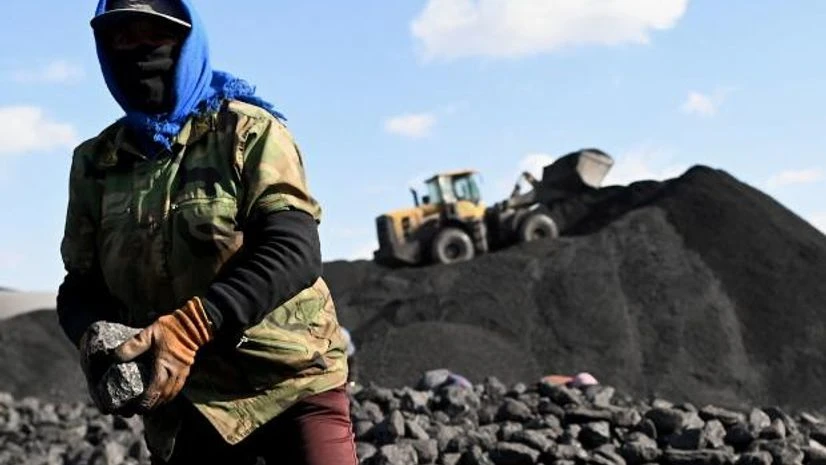A study to assess the 'Socio-economic impacts of coal transition in India' released on Monday has said that at a conservative estimate, more than 13 million people employed in coal mining, transport, power, sponge iron, steel, and bricks sectors will be impacted due to the impending coal transition.
The transition out of coal will have the highest impact on the people in the states of Jharkhand, Chhattisgarh, Odisha, West Bengal, Madhya Pradesh, and Telangana, the study by the National Foundation for India (NFI), a think tank, and launched by Secretary, Ministry of Coal, Anil Jain, said.
The coal transition that formed the basis of the study is with reference to India's agreement at the recently concluded COP26 at Glasgow to a clause in the 'Glasgow Climate Pact' that calls for a phase down of unabated coal power while recognising the need for support towards just transitions.
The Pact also recognised that there is a need for accelerated action in this critical decade, on the basis of the best available scientific knowledge and equity, reflecting common but differentiated responsibilities and respective capabilities in the light of different national circumstances and in the context of sustainable development and efforts to eradicate poverty.
"I really liked the idea of defining a coal transition worker that NFI introduces in their research. We need to identify the people, whose lives and careers will be impacted when transition happens, such that there is some quantification and targeting. It will give relief to local people and bring unions on board. Hence, it is not just a number but lives, which are in focus for this international (Glasgow) agreement. This will help in quantifying the magnitude of the problem in many senses," Jain said as he launched the study.
Also Read
Stating that the transition out of coal will have the highest impact on the people in the states of Jharkhand, Chhattisgarh, Odisha, West Bengal, Madhya Pradesh, and Telangana, the Study said, at least half of all the districts in Jharkhand (15) and West Bengal (11), 30 per cent of districts in Odisha and Chhattisgarh (nine) will be impacted in the next 30-50 years, when India slowly phases out coal.
Phasing out of coal in these districts will have political, social, economic, and financial consequences, especially for communities where coal mining has been a way of life for the past 200 years.
Executive Director NFI, Biraj Patnaik, said: "Some of India's most marginalised communities have suffered from the resource curse for close to a century. As we move towards a more climate resilient future, we must make sure they do not suffer the double whammy of an energy transition that leaves them behind yet again. Our report from the Phase I of our work on climate change tells us that India has to develop its own idiom and approach to climate change and just transition."
The NFI study assessed there are 135 districts in India that have two or more assets dependent on coal, i.e., a coal mine, thermal power plant, sponge iron plant or a steel plant which are vulnerable to a coal phase down.
Jain said, India needs to prepare its economy, its workforce, and its communities for a post-coal future and "that planning needs to begin today".
--IANS
niv/pgh
(Only the headline and picture of this report may have been reworked by the Business Standard staff; the rest of the content is auto-generated from a syndicated feed.)

)
